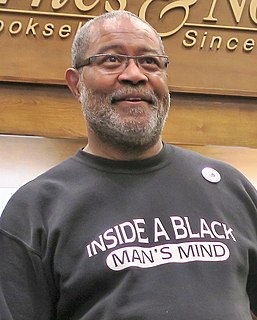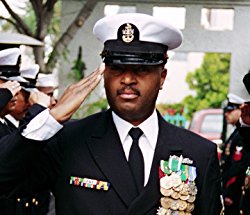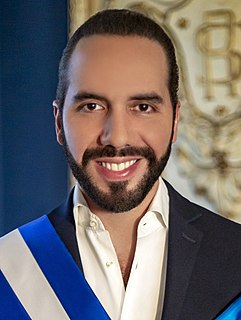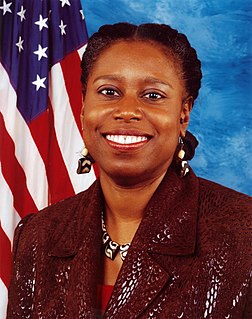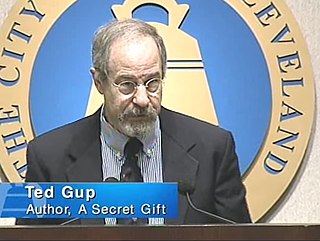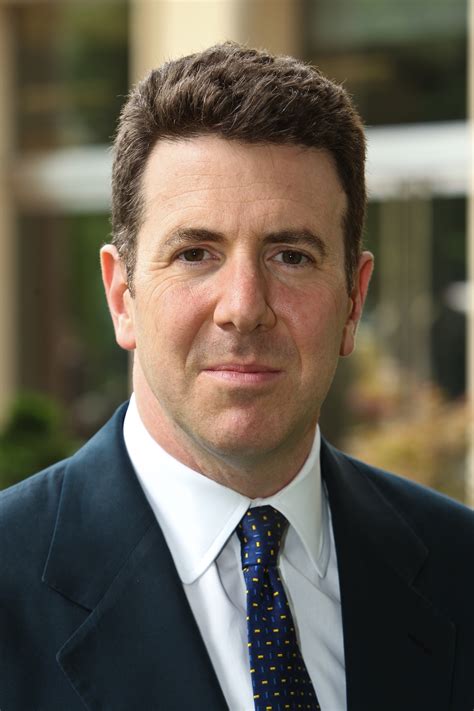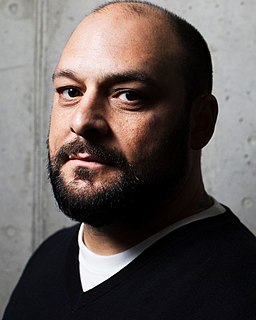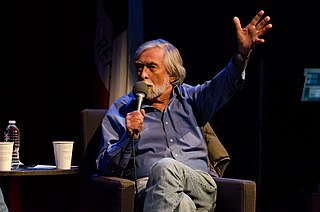A Quote by Ron Stallworth
Cross-burning is a domestic act of terrorism. It's been classified as such.
Related Quotes
Only a very small number of the e-mails containing classified information bore markings indicating the presence of classified information. But even if information is not marked 'classified' in an e-mail, participants who know or should know that the subject matter is classified are still obligated to protect it.
Images of burning Red Cross and UN buildings struck by US bombs contrasted with images of thousands of desperately poor Afghan women carrying sickly and starving children out of Afghanistan as they flee the might of the US military is tearing at international public confidence in our war against terrorism.
If all these guys think that nothing is going to come out for 100 years, they're going to act a whole lot more boldly. So we need to get back into the declassification business. This notion of overclassification is not just a bleeding-heart liberal issue. When everything is classified, nothing is classified.
In the Cross is salvation; in the Cross is life; in the Cross is protection against our enemies; in the Cross is infusion of heavenly sweetness; in the Cross is strength of mind; in the Cross is joy of spirit; in the Cross is excellence of virtue; in the Cross is perfection of holiness. There is no salvation of soul, nor hope of eternal life, save in the Cross.
For years now, I've been talking about the rise of the extreme right in the U.S. Since 9/11, white nationalists have killed more Americans on U.S. soil than any foreign or domestic terrorist group combined. It's something we don't categorize as terrorism or extremism. We often brush it off as mental illness - things like Oak Creek Wisconsin - and these people are certainly tied to white supremacy, have written manifestos. We've got a major problem in not calling that terrorism.
I've been interested in terrorism from the very beginning. My first novel is about that, too, and I think one reason I've been so interested in terrorism is because I have a deep interest - one of my deepest interests - in image culture and how it works. And terrorism is an epiphenomenon of image culture.
